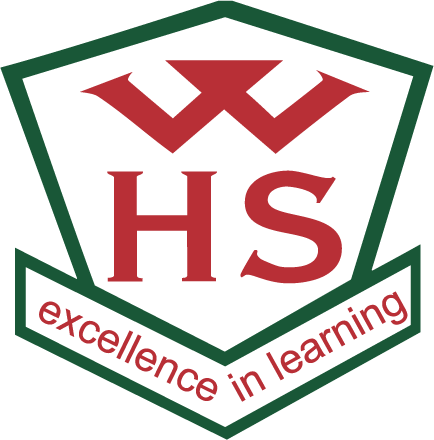We believe in building respectful relationships with our students, colleagues, whanau and community.
Restorative and relational practices are tools for building and maintaining these relationships.
What is Restorative Practice (RP)?
Restorative Practice is about
- helping people to identify the impact their behaviour has had on others
- holding them accountable for their behaviour
- supporting them to accept responsibility for their actions
- helping them find a way to “put it right” and make better choices in the future.
Why use Restorative Practice?
- In any community there will be conflict, hurt and disappointment at times
- RP teaches our students (and us) important skills to manage conflict, such as active listening, ability to express emotion/feelings, problem solving skills and the ability to take responsibility for our actions
- It puts the onus on the “wrongdoer” to make things right
- It teaches the importance of mending relationships
- RP expects high standards of behaviour and at the same time provides the support needed for students/staff to meet these expectations
How is Restorative Practice used at WHS?
The “Mini Chat”
Teachers are encouraged to use this for low-level classroom behaviour, eg off task, late, lack of equipment
The questions used at this level encourage respectful dialogue and have an enquiry focus to them.
The “Mini Conference”
Often used by in particular Deans/HoFs/DPs when there has been an event involving several students and/or a teacher. It is used when the event is not serious enough to require parents to attend the conference.
The “Class Conference”
This is used when a whole class is being affected by conflict or other behaviour that is impacting on relationships and learning. A facilitator (often a teacher who is neutral) has the students meet in a circle to discuss the harm being done and come up with solutions for change together.
The “Full Conference”
This is often used for incidents where serious harm has been caused, eg fighting, drug use.
This type of conference will involve a community of people who have been affected by the harm, teachers, parents, family members, sports coaches etc. A full conference requires a high level of preparation and is run by a trained facilitator. A formal agreement is drawn up with the student, who is committing to “make things right”. A key support person is assigned to monitor the agreement and make sure the student is on track.
